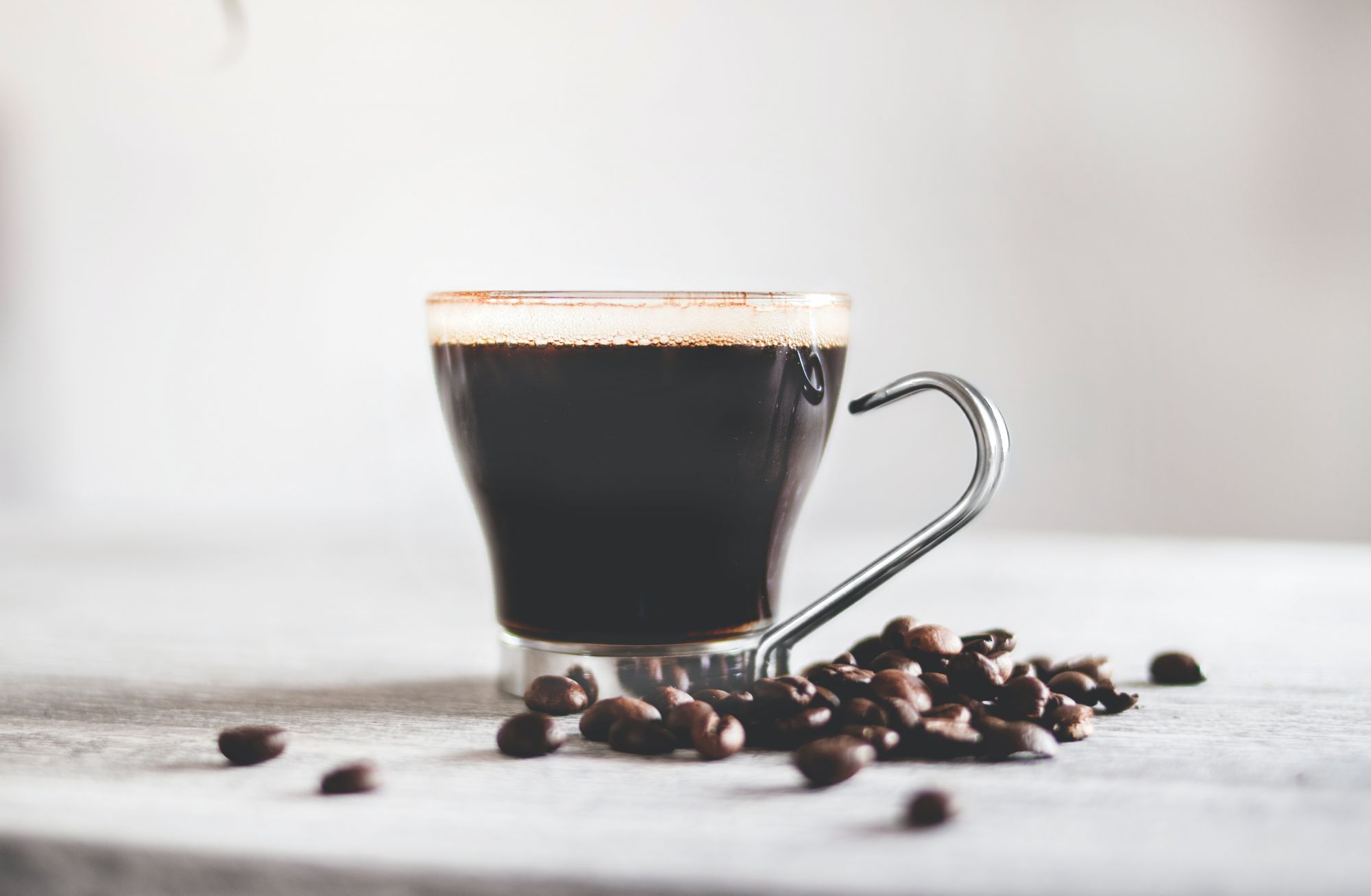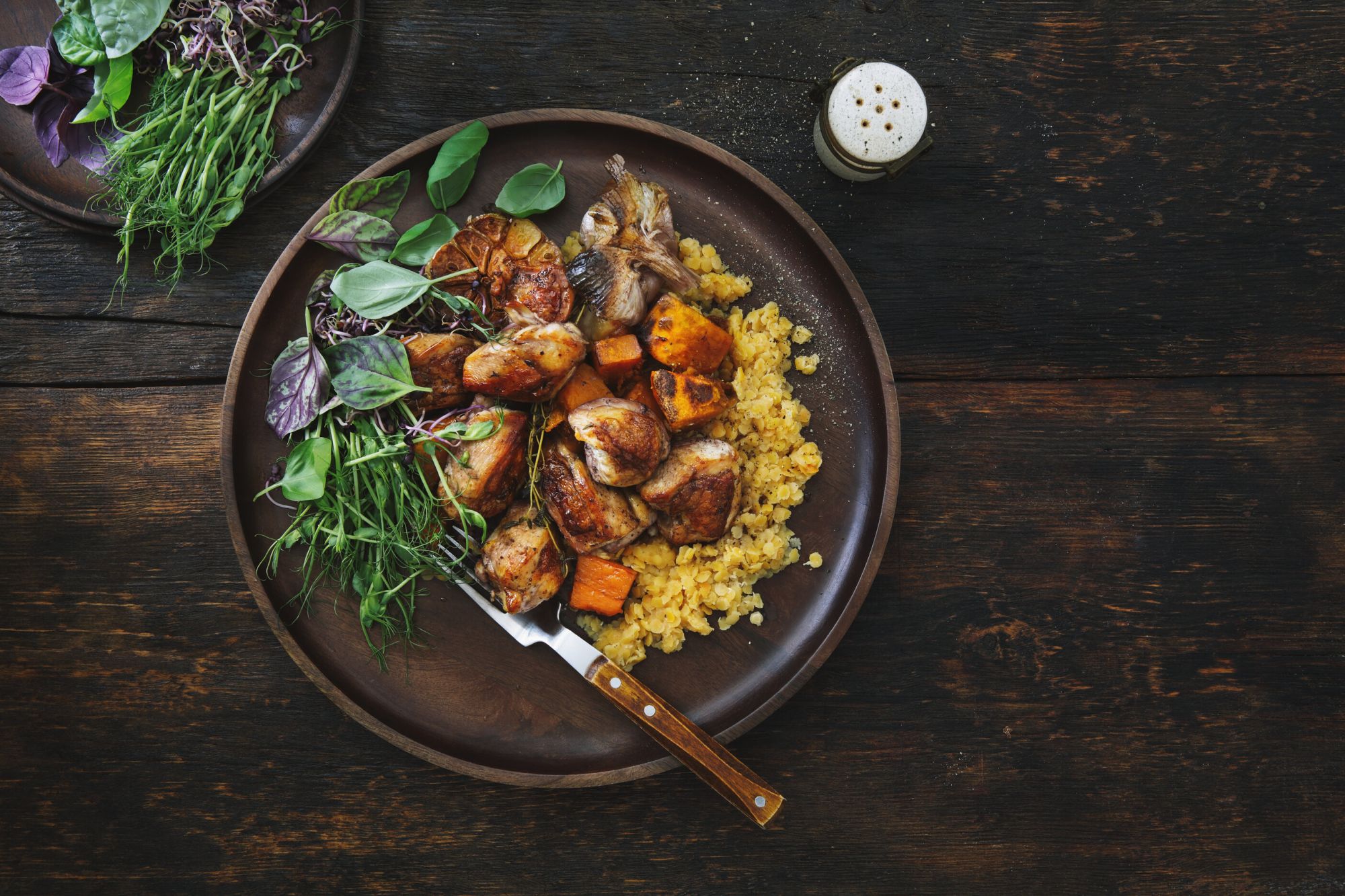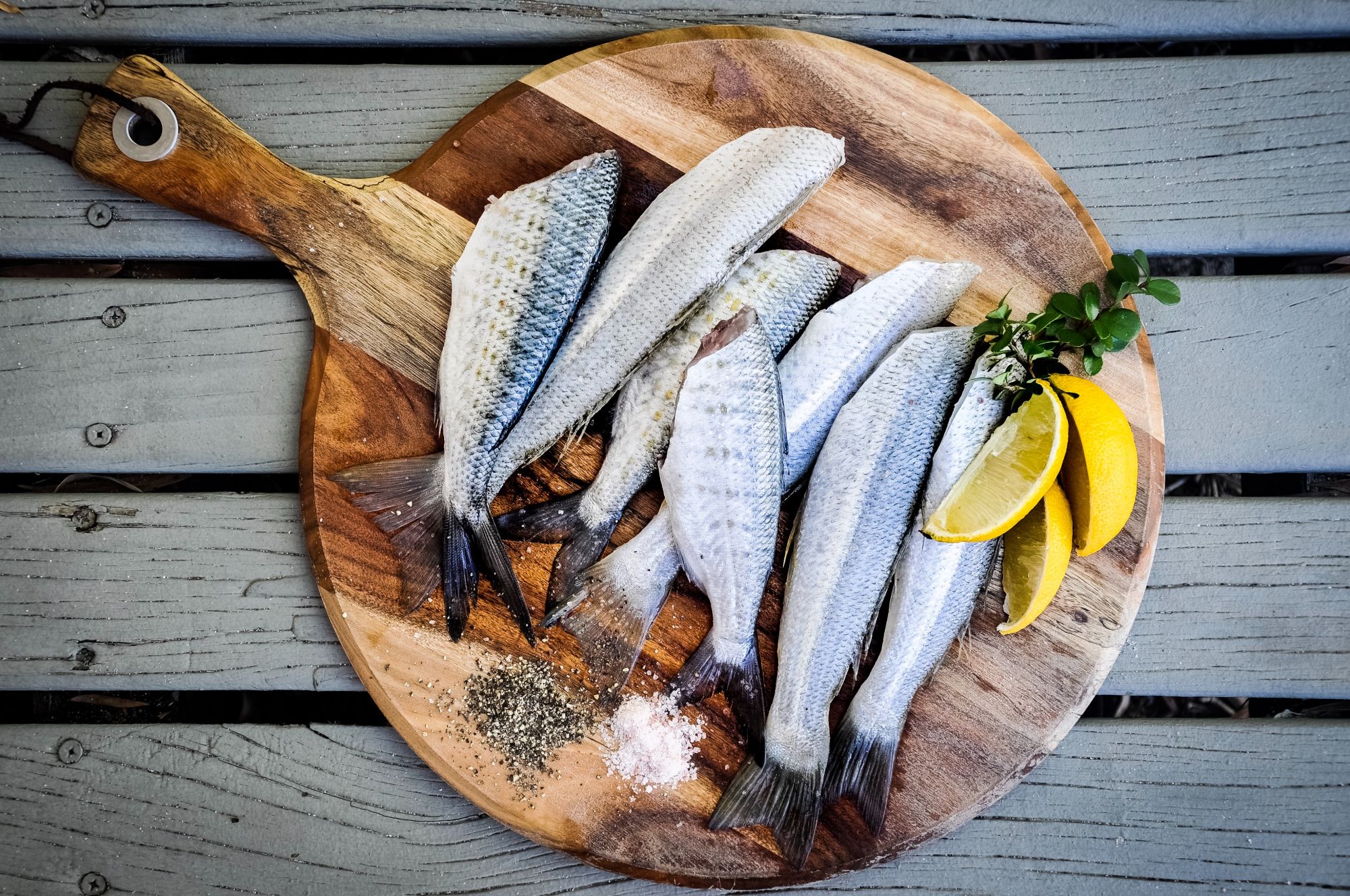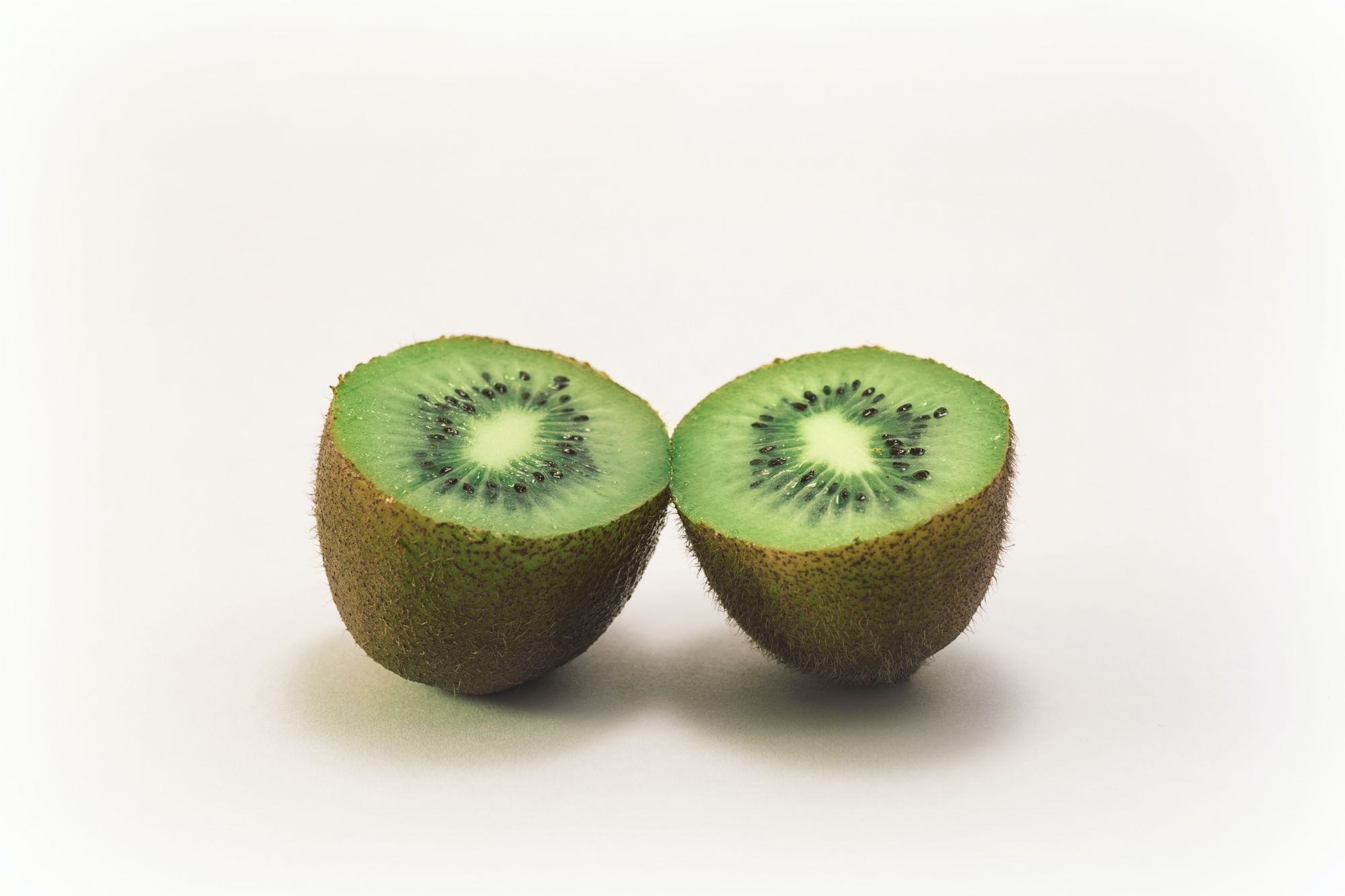In the spirit of World Sleep Day 2022, we asked a registered dietitian for advice on how to make wise food choices for an optimal sleep-promoting diet
Any wellness expert will tell you getting quality sleep guarantees productivity, happiness, better skin and overall wellbeing. But how should you establish a healthy sleep routine during these stressful times, if you feel like you’ve tried everything and it’s still not working?
We have long turned to sleep supplements, scented candles or luxury beddings as remedies, but the truth is, they might not be able to prevent sleep disruptions and improve your sleep quality in the long term. To regain your ability to fall into a deep slumber, you’ll need to focus on the fundamentals of healthy living, learning to maintain a good work-life balance, building an effective exercise routine, and of course, adopting healthy eating habits.
Below, registered dietitian Sally Shi-Po Poon shares tips on how to practice a sleep-promoting diet, what foods should we avoid and consume in the day and before bedtime. It's time to treat sleep as a priority, rather than a luxury.
Read more: World Sleep Day: 5 Products for a Better Night's Sleep in 2022
1. Adjust your food intake before bed
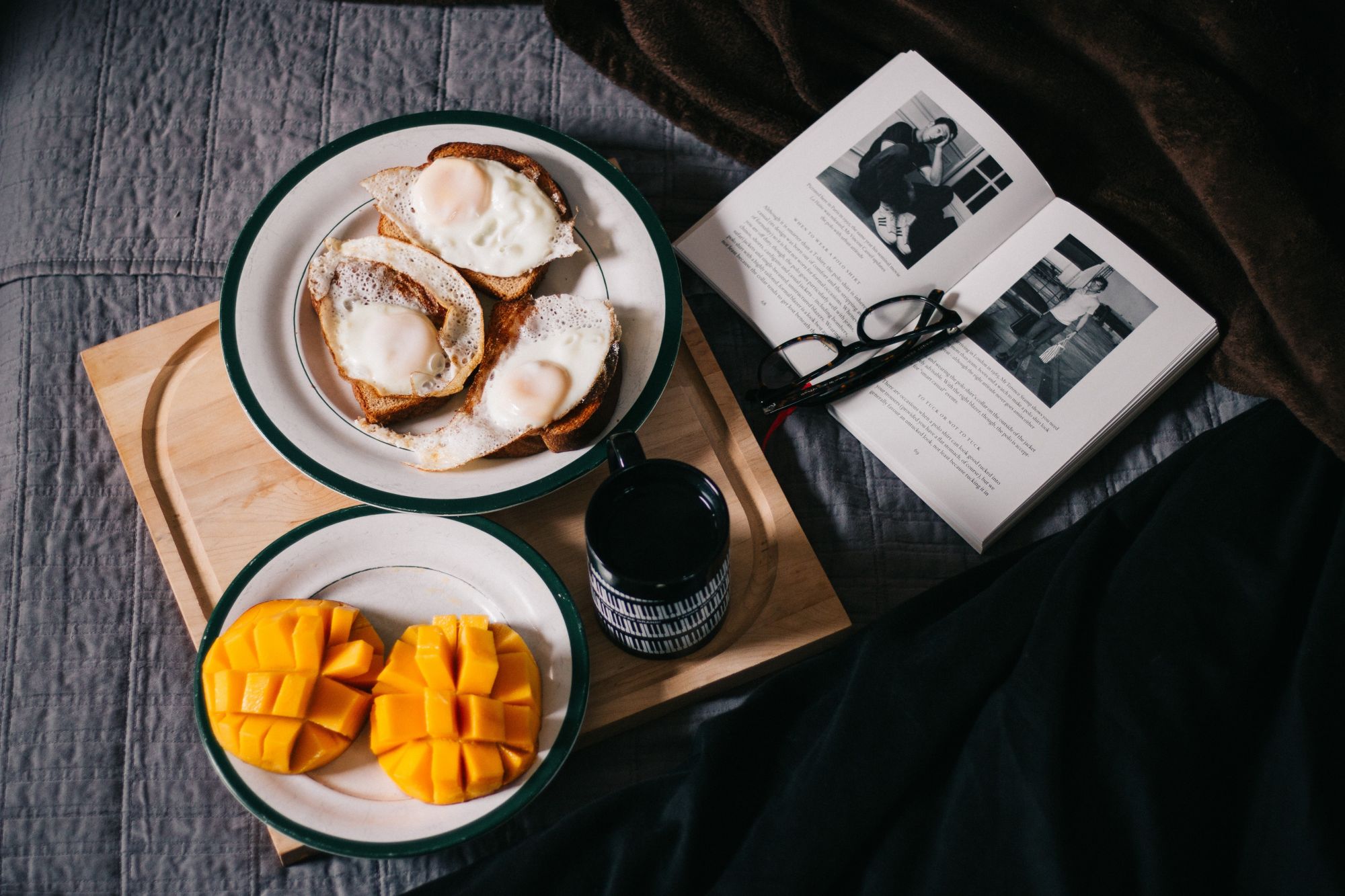
Eating right before bedtime can be unhealthy and disrupt your sleep patterns, especially if it’s a heavy meal consists of high-calorie and spicy foods. That said, it’s not a good idea to go to bed hungry—an empty stomach will cause hunger pangs and making it more difficult to fall asleep. If you feel hungry and crave some snacks before bed, opt for something light and healthy such as fruits, low-fat yoghurt or milk.
Read more: 5 Essential Nutrients to Boost Your Immune System, According to a Dietitian

